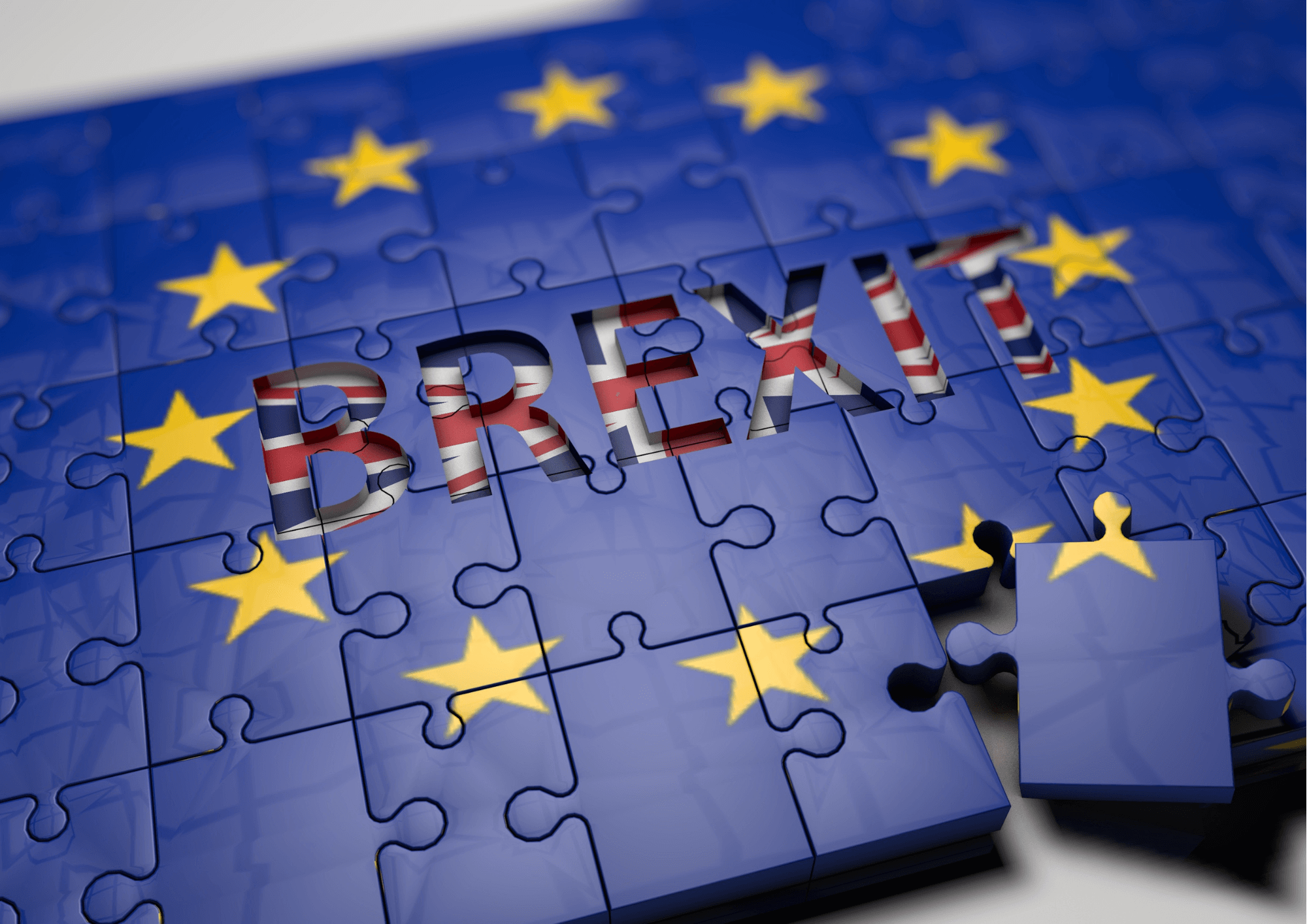On the 1st of January 2021, the United Kingdom abandoned the European Union Customs Union, along with all EU policies and related international agreements.
As it is no longer part of the European Single Market, the free movement of people, goods, services and capital between the UK and the European Union has ceased.
What has changed from a customs point of view
- There will be no duties or quotas for goods traded between the United Kingdom and EU countries as long as companies can prove that their products fully comply with the rules of origin of EU goods and relevant requirements.
- To facilitate compliance with rules of origin and reduce bureaucracy, the new EU-UK agreement allows companies to self-certify the origin of goods and provides for full cumulation, meaning that companies can take into account not only the original materials used but also their processing, whether this took place in the United Kingdom or any EU country.
- The qualifications of Authorized Economic Operator (AEO) and Authorized Exporter have been mutually recognized, which will greatly facilitate customs procedures.
- The agreement will prevent technical barriers to trade by ensuring, for example, that regulatory compliance for low-risk products can be declared through self-certification. Concessions are then contemplated regarding other specific goods of mutual interest, such as automotive, wine, chemical, pharmaceutical and organic products. However, all UK goods entering EU countries must always meet the high regulatory standards of the European Union, such as those of food and product safety.
What has not changed from a customs point of view
- The technical qualification of the trade with a third country, which remains subject to Article 8 of Italian Presidential Decree No. 633/72.


